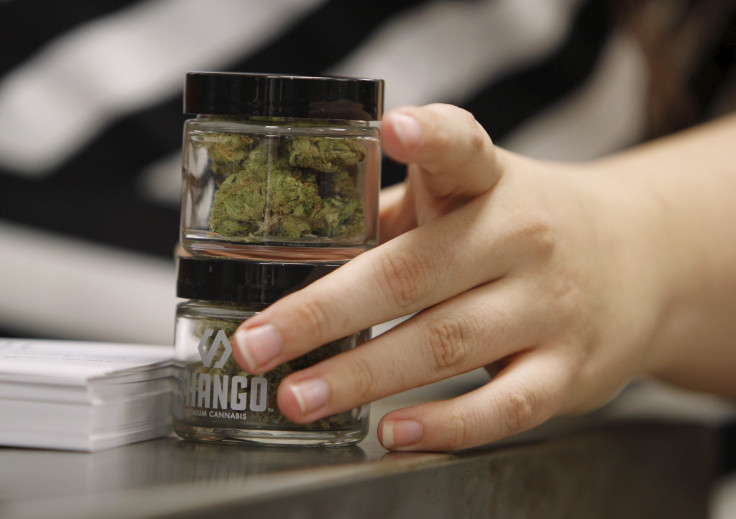Cannabis Australia: Queensland children with severe drug-resistant epilepsy eligible for medical marijuana trial

Medicinal cannabis trial, announced in 2015, will now be available to Queensland children who have severe drug-resistant epilepsy. They can take part in the medical marijuana clinical trial after a deal signed with a British drug company. The State Government signed a memorandum of understanding with GW Pharmaceuticals to access Epidiolex, a liquid form of pure cannabidiol.
Now the State Government is calling on parents who have children suffering from persistent seizures if they want to be part of the medical marijuana trial, revealed Health Minister Cameron Dick. The trials will be developed by the research team from the Lady Cilento Children's Hospital in Brisbane.
RELATED: Cannabis-based drug Epidiolex to be given to 40 NSW children with the worst cases of epilepsy
As per Dick, the project is driven by two things — compassion and hope. Experts are hopeful that Epidiolex would provide relief to the children suffering from such a terribly debilitating condition.
It has also been revealed that the study would not be randomised, meaning, none of the participants would be on placebo. Each and every participant would take the cannabis-based drug Epidiolex.
Children's Health Queensland's executive director of medical services, Dr. Andrew Hallahan, said that all the children would have their drug dose gradually increased over a period of months.
“It's really a study to examine in the first instance — tolerability — how safe it is and get an idea of its potential efficacy. At its best, what we would have is another option for specialist doctors from paediatric neurologists to offer to help children. The initial studies that I have seen don't indicate that it's going to be a miraculous cure for epilepsy and all drugs have their side effects. That's part of why we're doing this as a proper trial to make sure we know what's going on,” Hallahan told the ABC.
The trials are expected to begin before the end of the year and will be part of a $6 million State Government spend. It will also include establishing a specialist research centre. The trials would be run as part of the compassionate access scheme.





















